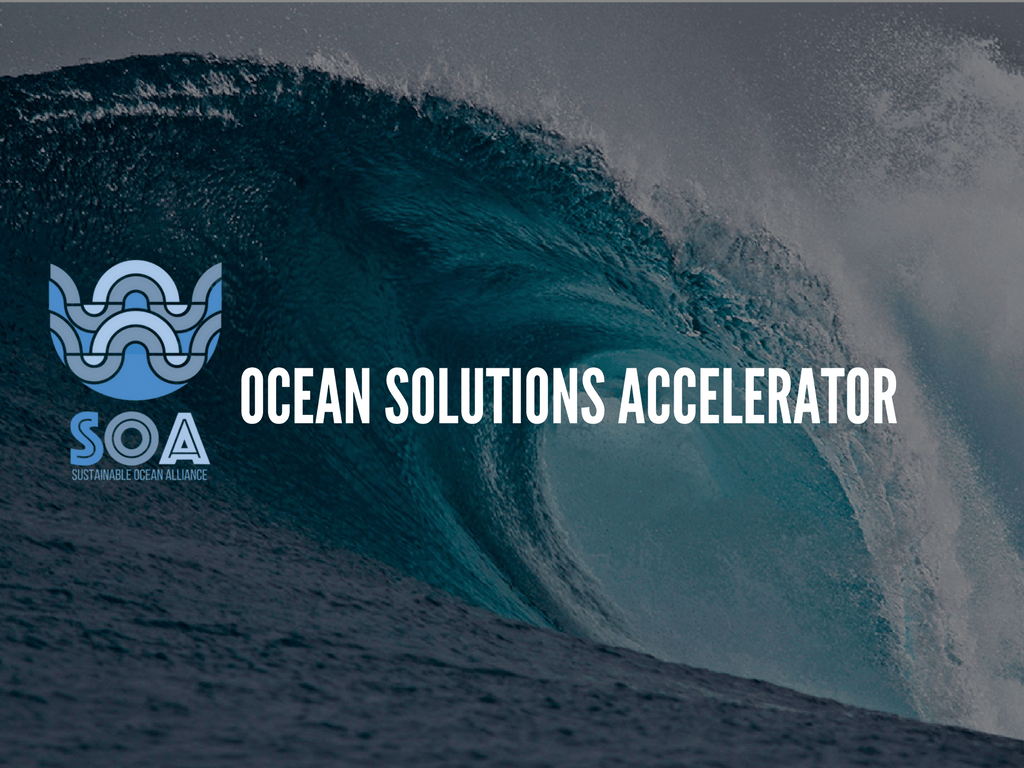The planet-loving folks at the Sustainable Ocean Alliance started an accelerator a couple years back focusing on very early-stage companies, but this year they’re expanding the program to accept those that have already closed their first round. The mix of experimental and (comparatively) proven approaches may help diversify the accelerator’s growing network.
“Last year, amidst the onset of a global pandemic and mounting urgency related to solving the ocean’s greatest challenges, we received unprecedented demand for the Ocean Solutions Accelerator,” said the accelerator’s co-founder, Craig Dudenhoeffer. “It became clear to us that now more than ever, ocean tech startups need powerful community support, mentorship and access to those unique opportunities that truly propel their businesses. We decided to double our efforts and run two accelerator cohorts in 2021 in order to support 21 incredible innovators.”
Last year’s cohort included companies creating robotic fish, kelp-based foods, artificial reefs, aquaculture animal feed and other interesting and potentially breakthrough products. But one thing they all have in common with each other and those from previous years is they are nearly all very early stage.
Ocean Solutions Accelerator’s third wave tackles a new set of aquatic challenges
Having a prototype and taking on a big problem or market is a great start, but it’s also where a lot of startups wash out. Companies like Coral Vita have powered through repeated disasters (in their case hurricanes and of course the pandemic) to raise money and move toward scaling up.
But others in the sadly undervalued conservation space still have a long road ahead before VCs think it’s worth taking a risk on them. Few check writers will see the problems and potential solutions up close and personal and make a personal connection with the driven and occasionally idealistic young founders, but those that I saw do that in Alaska were convinced.
This year the accelerator will have two sequential cohorts, an early-stage one in June for pre-seed companies and another in September for those that have raised a seed or A round and have “a strong MVP.” Applications for both are open until April 12th, with 21 spots available. That’s Monday, so better get to it.
“In expanding to two accelerator programs this year, we’re now able to provide highly curated content and tailored support to serve our entrepreneurs and meet them exactly where they’re at in their unique journeys to addressing our most critical ocean challenges,” said Dudenhoeffer.
While the organization is still small and the accelerator a relatively straightforward affair, the space that they are in is expanding and gaining credit among investors. Renewed attention and funding on climate change, ecological stewardship and alternative energy sources from the new Biden administration change the equations for startups and services in related industries; all of a sudden an idea that seemed wild a couple years ago makes perfect sense. With luck that means a bit of wind in the sails of entrepreneurs trying to save the world.































Comment